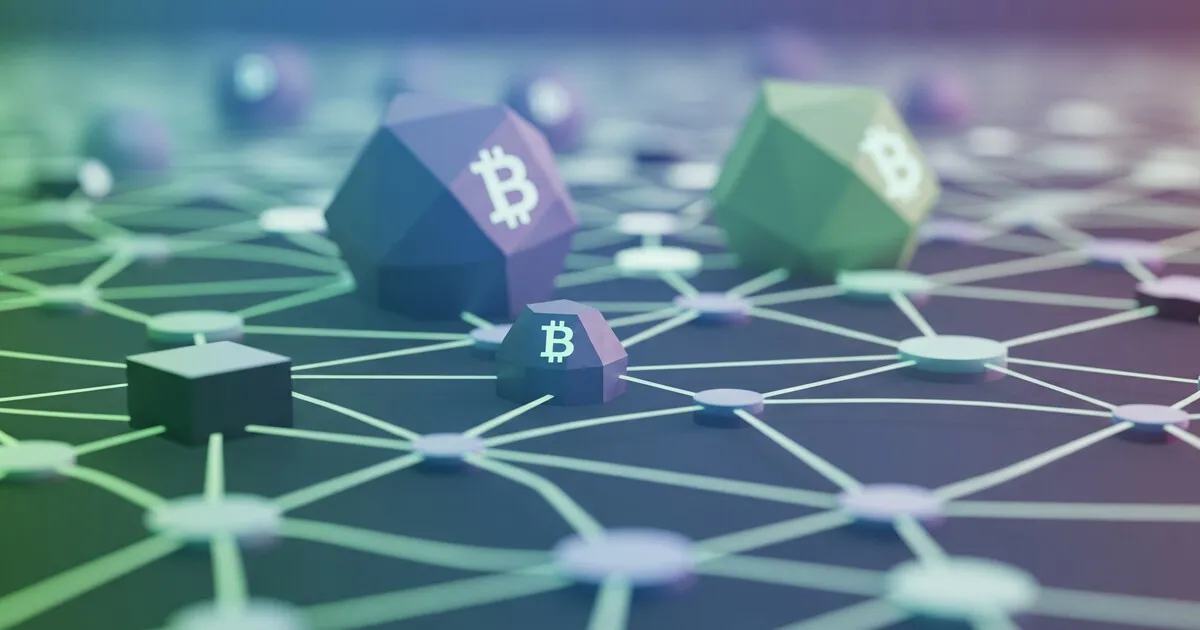What is an economic node? To understand that, you need to first conceptually understand how a user interacts with the Bitcoin network in the first place.
Bitcoin is a database, and a network to facilitate the updating and synchronization of updates to that database, used for the primary purpose of people transacting bitcoin (entries in the database).
The primary concern of a user making use of Bitcoin for this purpose is the validity of the transactions sent to them, i.e. is the money they have received valid in the sense that when they go forward in the future to spend it somewhere else that other people will also widely accept it as valid. If that is not the case, then it is useless as money.
This is the purpose of a node, to verify these transactions. In order to do so, your node must have a complete set of all the existing coins (Unspent Transaction Outputs, or UTXOs) in order to check every proposed transaction against. When a transaction is broadcast, your node verifies that the coins it is spending are in this “UTXO set”, meaning that they have not been spent yet. When that transaction is confirmed in a block, those individual UTXOs are then removed from the UTXO set, and the new ones created by that transaction are added.
In order to compute that UTXO set in the first place, a node must parse through the entire historical record of all past transactions contained in the blockchain, going through the process of adding each newly mined UTXO to the set, and removing/adding all the consumed and newly created UTXOs processed in each individual block.
Without doing this, there is no way to be certain that the current UTXO set stored in your node is actually accurate and valid (in the future Zero Knowledge Proofs could obviate the need for this by replacing the historical blockchain with a succinct cryptographic proof that any given UTXO set is valid for a specific blockheight).
Your node is simply an agent for you as an economic actor, in the sense of automated AI agents that many LLM advocates speak about. It is an autonomous program acting on your behalf in a certain context, in this case guaranteeing the validity of bitcoin transactions to ensure that when you are the recipient of one, the chain of transactions that created the coin spent to you is valid.
An economic node is simply a node that is actually being used by someone engaging in economic activity to ensure the validity of the coins they are receiving.
Why is that so important? Why do only these nodes matter?
Think about what makes Bitcoin function in the first place: people running the same consensus rules. The only reason there is a coherent singular Bitcoin network is because everyone is running the same consensus rules, when miners produce blocks, every individual node arrives at the same conclusion as to whether or not it is valid. Every individual node will follow whatever is the blockchain composed of valid blocks that has the most proof-of-work attached to it.
There is only a singular coherent Bitcoin network because each individual actor chooses to enforce the same set of consensus rules against blocks that miners produce. It is purely voluntary association, voluntary subjugation of oneself to a certain set of consensus rules.
So to illustrate the point, let’s imagine three different scenarios of nodes deviating from the existing set of rules.
In the first scenario, imagine a few major exchanges like Kraken, Coinbase, etc. all alter their consensus rules from the rest of the network (softfork vs. hardfork are a distraction from the point, so we are going to ignore the distinction here). These nodes represent the economic platforms where bitcoin is traded, and its price established in fiat terms. Nodes running conflicting rules from them, or making transactions that will not be recognized as valid by their nodes to be more specific, now cannot engage in that market.
Those exchanges’ nodes will not recognize user deposits as valid, and as such they will not be able to deposit coins and participate in those marketplaces. Other nodes can band together, but they cannot capture the economic power of those exchanges. Ultimately, short of the value of the coin created by the ruleset they are enforcing crashing to nothing, other nodes on the network will have no choice but to adopt their ruleset in order to interact with them. Otherwise the exchanges will simply ignore and honor honor deposits their nodes consider invalid.
In the second scenario, let’s imagine a group of much smaller businesses and users that regularly receive transactions. Maybe all of them together amount to the economic activity of a single exchange like Coinbase. These users choosing to alter their consensus rules is not as inescapable as a number of large exchanges in concert, but it is still significant.
Here, other users can still access marketplaces like exchanges to ensure that bitcoin is being priced by the market. The majority of the network will still accept everyone else’s coins in receipt for goods, or as deposits to trade on marketplaces. But they still represent a sizable portion of economic activity withdrawing from the rest of the network. This is leverage they can use.
Even as a minority of the network, the likelihood is extremely high that there are significant levels of economic activity crossing between this minority of nodes and the rest of the network. This is not a clear case of leaving the rest of the network no option but to adopt the new rules, but it definitely creates pressure for large portions of the network who interact across that “gap.”
From there the more users that choose to cross the gap because of who they economically interact with, that pressure grows larger for the rest of the remaining network.
In the last scenario, let’s imagine a group of nodes representing a small set of users generating very little or no economic activity at all. These users choose to alter their ruleset. They receive almost no payments, they represent a rounding error in terms of economic value on the network.
They’re irrelevant to the rest of the network. Large businesses, exchanges, other economic actors, they will not care if a handful of people stop patronizing them or sending them bitcoin for different reasons. This set of nodes altering their consensus rules doesn’t matter. They create no pressure or opportunity cost that matters for the rest of the network.
An economic node’s influence on the overall consensus of the Bitcoin network is proportional to the amount of economic activity involving that node/its owner.
A node that is not being used for this purpose is completely irrelevant to the consensus rules of the Bitcoin network at large. It creates no economic pressure, imposes no opportunity cost, on the rest of the network when it alters its consensus rules. It is indistinguishable from a participant in a sybil attack.
There might be other reasons to run a node besides verifying your own transactions, such as direct access to blockchain data for research or analysis purposes, but ultimately that node is irrelevant to consensus.
This dynamic is why Bitcoin cannot be sybil attacked. It’s why some malicious actor can spin up a million nodes on Amazon Web Services running different consensus rules, and it will have zero effect on the actual Bitcoin network.
Your node doesn’t matter, unless you use it. So use it.





